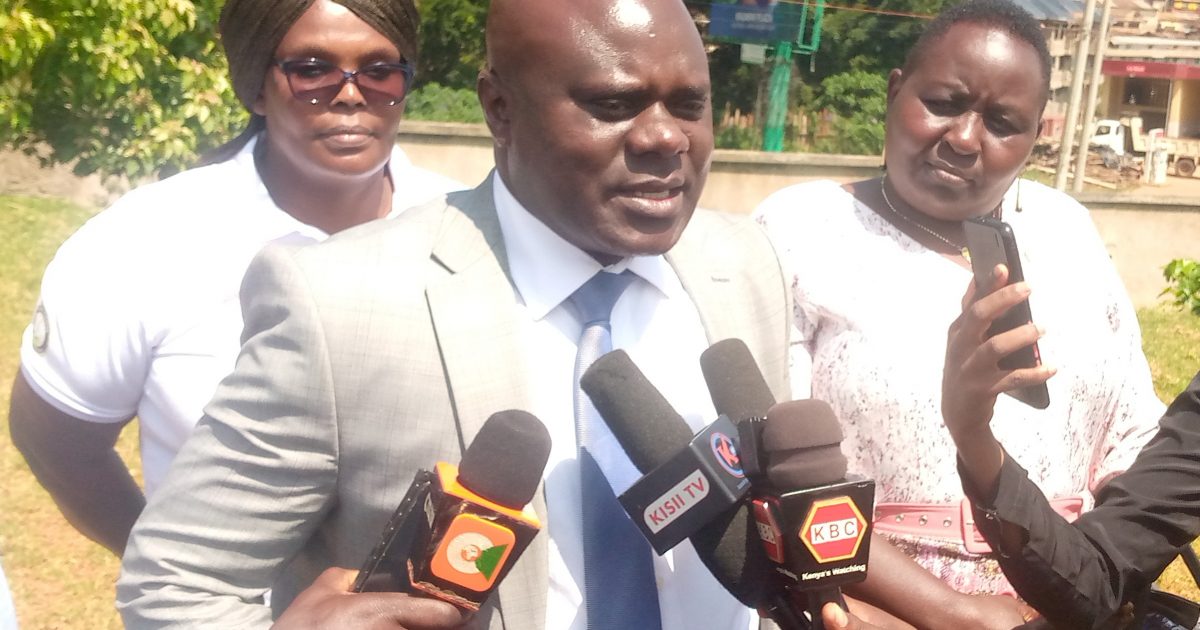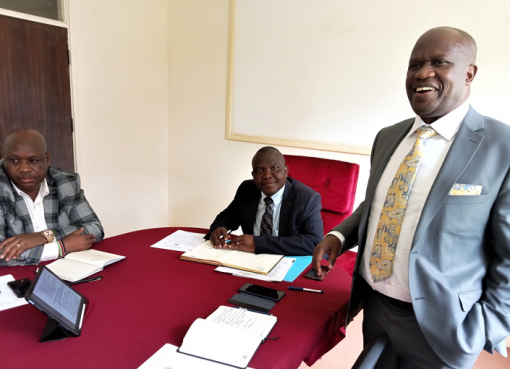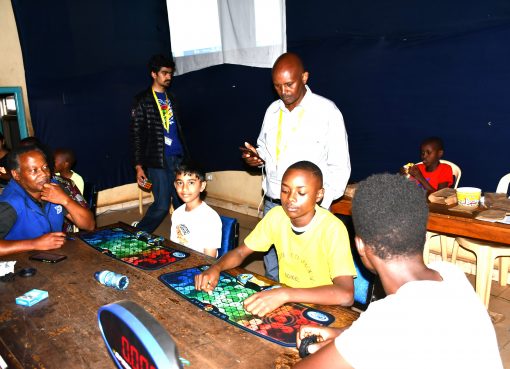According to the World Health Organization (WHO), approximately 1000 children are born with sickle cell disease every day in Africa.
The organization reports that it is the most prevalent genetically-acquired disease in the region and more than half of the children are likely to die before they reach the age of five as a result of an infection or severe anemia.
Sickle cell disease is a severe hereditary blood disorder that shortens the red blood cell survival, causing anemia—often referred to as sickle cell anemia.
Data from the Ministry of Health (MOH) in Kenya shows that about 14,000 children are born with sickle cell disease each year.
WHO associates the burden of sickle cell in Africa to low investment in the efforts to combat the disease saying that many public health facilities in the region, especially lower-level facilities, lack the services for prevention, early detection and care for sickle cell disease.
Moreover, there are communities that have little or zero knowledge of the sickle cell condition and continue to associate the disease with witchcraft.
In order to address the challenges faced by persons living with sickle cell, the Ministry of Health (MOH) in partnership with the Non-Communicable Diseases Alliance of Kenya (NCDAK) and the Academic Model Providing Access to Healthcare (AMPATH) is implementing different programmes in 17 sickle cell endemic counties, including Kisii.
Speaking during the World Sickle Cell Day celebrations held at Kisii National Polytechnic on the outskirts of Kisii town, NCDAK Executive Director Dr. Catherine Karekezi said they are running a programme focused on newborn screening to find out if the children are carriers or have sickle cell disease.

“This is a new way of ensuring that children have access to treatment and care immediately after they are born so that they do not grow up with complications from the disease,” noted Dr. Karekezi.
She pointed out that they will also be carrying out pre-marital counseling to those intending to get married or have children to find out if they are carriers so that they can make informed decisions about marriage and having children.
Under the Afya Dhabiti programme, Dr. Karekezi said they are building the capacity of middle-level health care providers to enable them to understand sickle cell disease, how it is diagnosed as well as treatment.
The Executive Director noted they are also incorporating Community Health Promoters (CHPs) into the programme to ensure they spread the message that sickle cell is an inherited disease that can be treated and the children can survive longer with earlier diagnosis.
In addition, she said they are working with persons living with sickle cell disease to train them on advocacy for them to understand their condition and put county governments to task in terms of providing treatment and care services, as well as how they can self-manage themselves.
Dr. Karekezi urged the national and county governments to invest in treatment, care and prevention of sickle cell disease.
“It is the responsibility of the government to provide treatment and care for the citizens, including those with sickle cell disease and other partners are willing to support the efforts of the government,” the ED noted.
She called upon the government to ensure that hydroxyurea, the primary treatment for people with sickle cell disease, is available in public facilities at an affordable cost.
Hydroxyurea is a medication used in the treatment of sickle-cell disease and aims to increase fetal haemoglobin and decrease the number of attacks.
MOH Division of Non-Communicable Diseases Head, Dr. Elizabeth Onyango said they are committed to developing policies that enhance early screening, diagnosis and treatment for sickle cell condition to avoid complications.
“We know that children have a right to access the highest quality of care so that they are able to realize their potential and not worry about their health condition,” noted Dr. Onyango.
She pointed out that MOH had partnered with various organizations and counties to ensure that health care providers are well trained and acquire the necessary skills to be able to screen, put those with sickle cell on treatment and refer where possible.
Dr. Onyango added the Ministry was collaborating with different organizations, research institutions and universities to conduct continuous surveillance on the sickle cell disease.
On his part, Kisii County Head of NCDs Dr. David Okinyi said the celebrations had provided an opportunity for them to showcase and increase advocacy among the the public on sickle cell condition.
“The burden is increasing in Kisii County and currently stands at approximately 295 people living with sickle cell who attend our clinic at the Kisii Teaching and Referral Hospital (KTRH),” noted Dr. Okinyi.
He confirmed the Afya Dhabiti programme had done screening of infants (under one-year olds) in the past two months and the positivity rate was increasing such that 14 percent of the screened patients had sickle cell traits and four percent had the disease.
Dr. Okinyi called upon the community to go for early screening and work closely with the government to improve the management of sickle cell in terms of drugs and diagnostics.
“After the screening is done, we are able to do a confirmatory test at KTRH and we welcome the community to increase awareness and know their situation so that we can reduce the numbers,” he concluded.
Sam Mbunya, an Advocacy Relations Consultant at AMPATH, noted that despite the challenge of limited financial resources to tackle the disease, partners are willing to continue supporting the Afya Dhabiti programme to ensure its sustainability.
“Sickle cell disease has been neglected for quite some time, but we are moving forward and it is important for one to know their sickle cell status so that they make an informed decision regarding the treatment of the disease,” he said.
Eunice Owino, a sickle cell warrior, told the press that she has been on the forefront in advocating for people with sickle cell and this has resulted in their voice being heard.
“If we are not speaking to the right people and right ears, a patient’s voice will not be heard, I am happy now that you can walk to KTRH and get your sickle cell status tested,” said Owino.
By Mercy Osongo and Linet Akinyi





